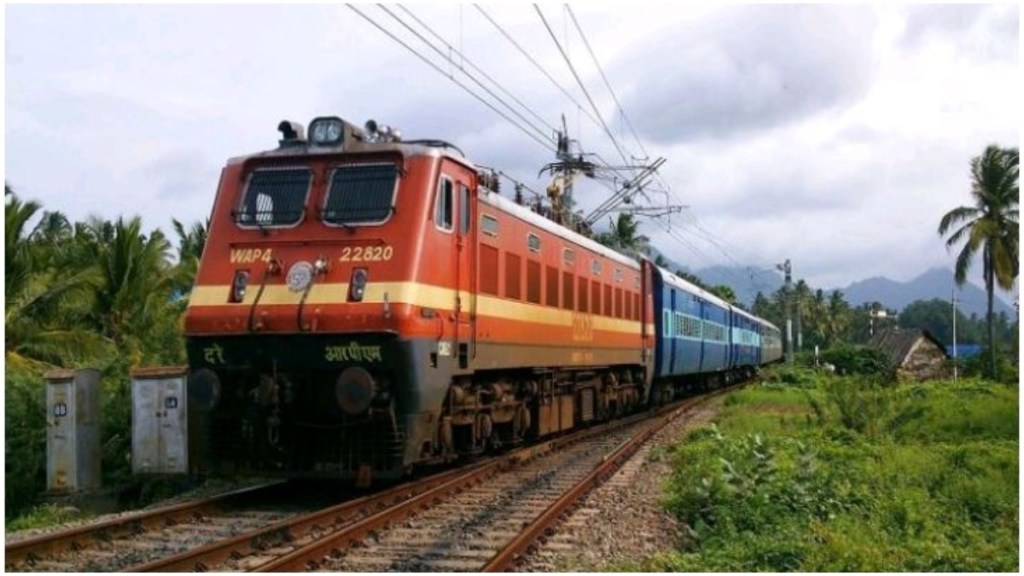The Indian Railways recently conducted a trial to assess the efficiency of the Kavach anti-collision system while a train was running at a speed of 140 kmph. This trial marked a significant step in testing the system’s capabilities, pushing its limits beyond previous trials at 130 kmph.
The trial, which took place between Mathura and Palwal on December 30, 2023, demonstrated encouraging results. Prashasti Srivastava, PRO of Agra Division, stated that the detailed analysis of the trial report would be conducted in collaboration with the Research Design and Standards Organisation (RDSO) and other stakeholders. The aim is to identify areas of improvement for the Kavach system.
Automatic Braking in Emergency Situations
A key feature of the Kavach system is its ability to automatically apply brakes in case of emergencies when the train driver fails to respond. This safety mechanism is crucial for preventing collisions and ensuring passenger safety.
Future Trials and Speed Considerations
Railway sources suggest that additional trials may be necessary to further assess the efficiency of the Kavach system. If the system performs well at 140 kmph, there are plans to conduct trials at even higher speeds, up to 160 kmph. This consideration becomes essential as the Indian Railways introduces semi-high speed trains like Vande Bharat, capable of running at 160 kmph.
Kavach Network Implementation
The Agra Division, responding to the request of RDSO, facilitated the trial by developing a complete Kavach network on the 80-km stretch between Mathura and Palwal. This network includes RFID tags on railway tracks, stationary Kavach units at stations, and the installation of towers and antennas along the tracks.
Kavach System Overview
Developed by RDSO in collaboration with three Indian vendors, Kavach is an automatic train protection system designed to enhance the safety of running trains. It aids loco pilots in avoiding signal passing at danger, over-speeding, and facilitates train operations during challenging weather conditions like dense fog.
Significance of Testing Above 130 kmph
While the success of Kavach at 130 kmph is well-established, the introduction of semi-high speed trains necessitates testing the system’s efficiency at speeds above 130 kmph. The article emphasizes the importance of ensuring the system’s reliability for trains running at the maximum speed of 160 kmph.
By conducting these trials and analyses, the Indian Railways aims to enhance the safety, efficiency, and overall performance of the Kavach anti-collision system across its rail network.
(With PTI Inputs)
